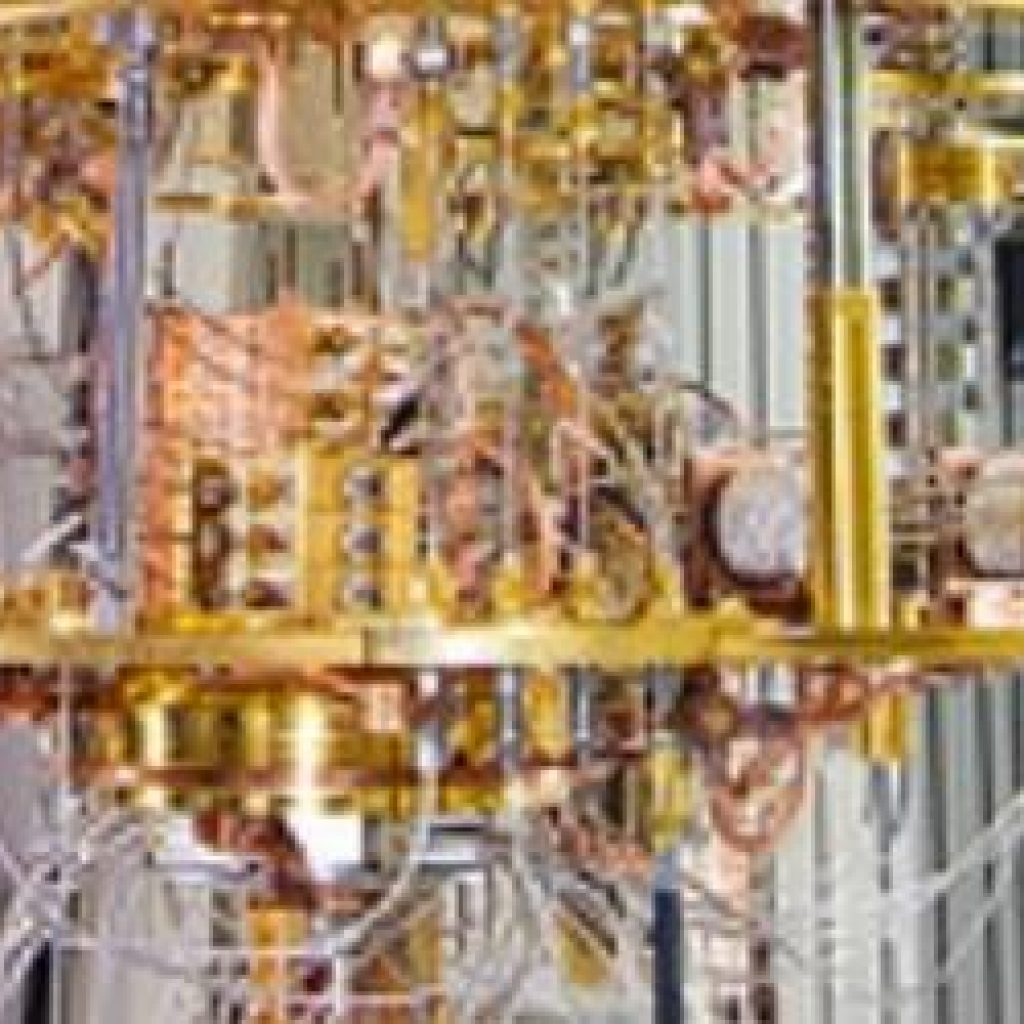(SciTechDaily) A group of University of Chicago scientists announced they were able to turn IBM’s largest quantum computer into a quantum material itself.
They programmed the computer such that it turned into a type of quantum material called an exciton condensate, which has only recently been shown to exist. Such condensates have been identified for their potential in future technology, because they can conduct energy with almost zero loss.
“The reason this is so exciting is that it shows you can use quantum computers as programmable experiments themselves,” said paper co-author David Mazziotti, a professor in the Department of Chemistry, the James Franck Institute and the Chicago Quantum Exchange, and an expert in molecular electronic structure. “This could serve as a workshop for building potentially useful quantum materials.”
Though exciton condensates had been predicted half a century ago, until recently, no one had been able to actually make one work in the lab without having to use extremely strong magnetic fields. But they intrigue scientists because they can transport energy without any loss at all—something which no other material we know of can do. If physicists understood them better, it’s possible they could eventually form the basis of incredibly energy-efficient materials.
Pioneering Experiment at U of Chicago Turns IBM’s Largest Quantum Computer Into a Quantum Material
